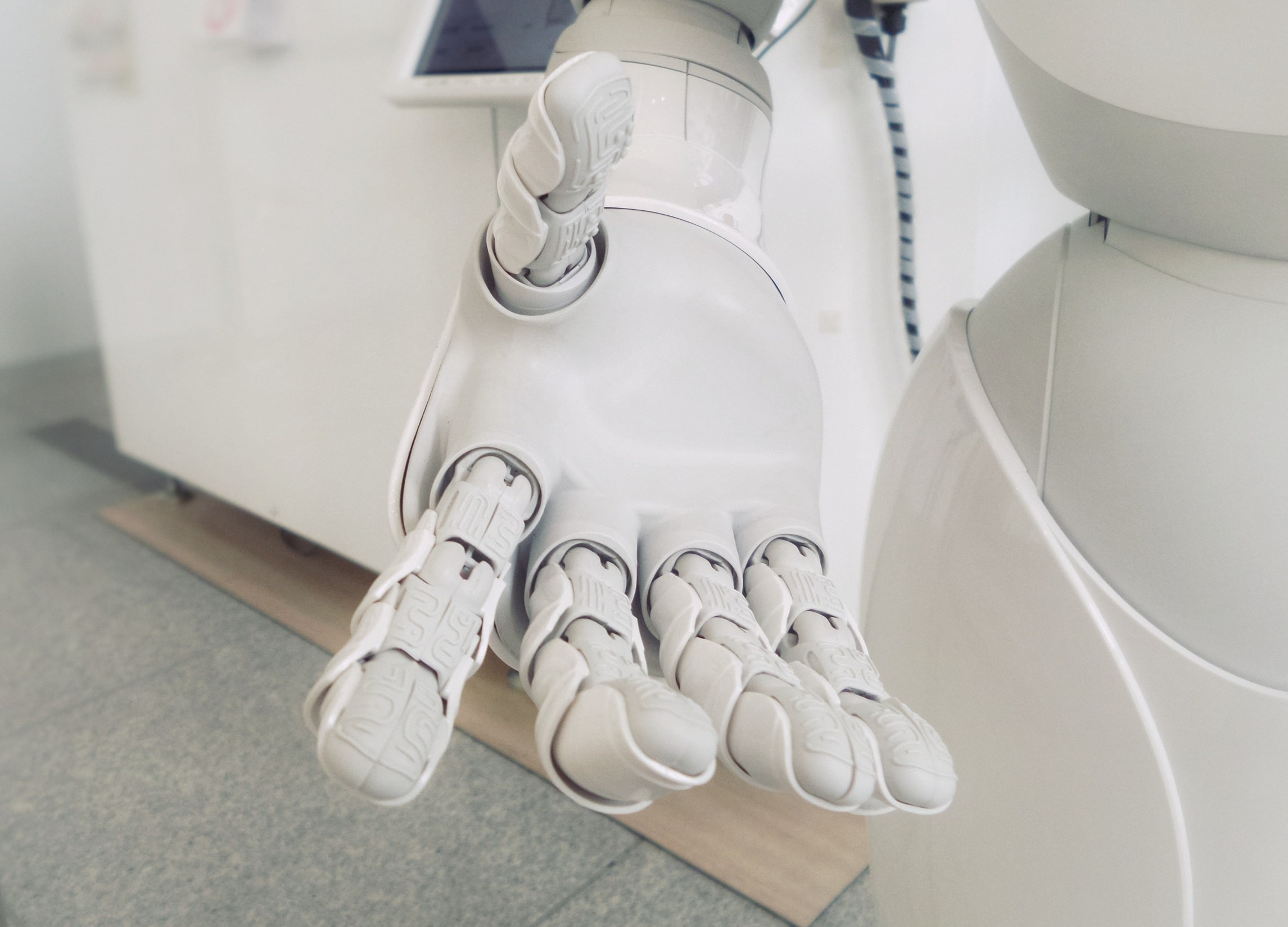Artificial intelligence has been making forays in the tech world of recent times. However, it has also gained a significant presence in the field of medicine.
With the improvement of technologies and the increase of processing power, AI has more applications in the healthcare industry than ever before. But just how much of an impact does the inclusion of artificial intelligence in healthcare actually have?
This article will highlight why artificial intelligence is bound to become a driving force which will drastically transform the medical field. And if you are interested in learning more about the impact this change will have on our lives, then keep on reading!
Bridging the Gap Between Mind and Machine
Most of us use computers to make communication easier. Nowadays, there are multiple intermediary platforms where individuals can engage in dialogue. So the idea that technology can advance how we communicate isn’t anything new by any means.
However, with recent advancements, computers are much more powerful than us can ever imagine and their capabilities can have significant benefits for certain patients.
You see, when the nervous system is affected by neurological diseases and trauma, it can lead to some people losing their ability to perform essential human functions which allow simple interactions with the environment – such as speaking, moving, touching.

Brain-computer interfaces supported by artificial intelligence (commonly referred to as BCIs) are tools which can bridge the gaps caused by diseases and traumas. They can offer people or permit them to regain, the essential abilities which can make their lives much easier.
These devices make use of artificial intelligence to decode and quantify data which go behind the neural processes of gestures, behaviors and intentions.
By understanding how the brain is controlling the body, these computers can be made to mimic that process and trigger similar responses.
For example, something as simple as a phone or a tablet can be used to control a prosthetic limb. Or a mounted headgear could allow a disabled patient to send information to a computer.
Access to Healthcare in Underdeveloped Regions
There is a significant shortage of trained healthcare providers, technicians and general medical staff in developing nations around the world.
It’s important to keep in mind that there are more doctors working in institutes from around the USA or Europe than in the entirety of the African continent.
This leads to many areas not having access even to basic medical supplies or services, without even mentioning more complex life-saving devices and procedures.
Another application for artificial intelligence in healthcare is that it can help tackle the severe shortcomings of fractured and impoverished medical systems.
It can mitigate the negative impact which comes with having a deficit of qualified medical staff in some areas by removing diagnostic duties that would fall under the responsibilities of trained personnel.
It could also undertake the operational parts of machines without them needed to be manned by technicians.
As an example, in certain cases, there would be no more need for a radiologist to perform and interpret X-rays, as the machine would take over this task and deliver instant results.
Simplify the Management of Health Records
Electronic Health Records have had a pivotal role in leading the healthcare industry to digitalization. However, this switch was met with major obstacles, from dated hardware, endless amounts of documentation and inefficient human labor.
This has led to major slowdowns in the system and burnout for many of those involved in the process. Ultimately, it was a major problem for the medical system and it had detrimental effects on the patients’ experience.
This also has negative effects on the patient’s side, as they would have to deal with excessively complicated administrative procedures prior to receiving medical services.
With the inclusion of artificial intelligence in healthcare, these time-consuming issues are about to be abolished completely.
Major improvements to the system include programs with intuitive interfaces which will guide users through filing medical procedures. What’s more, some routine processes can be completely automated.
Besides paperwork and the storage of data, artificial intelligence would also be used to tackle rudimentary procedures such as the issuing of prescriptions and medication refills.
Such technological improvements to the system would save clinicians’ a lot of time and effort which would otherwise go into unnecessary tasks. Not to mention, this streamlines medical procedures and would end up making access to medical services more convenient for more people who need them.
Contain the Risks of Antibiotic Resistance
The invention of more potent drugs leads to the appearance of microbes which are increasingly tolerant to treatment. As a result, antibiotic resistance is a growing threat to everyone who has access to medication.
The presence of such a heightened resistance makes the microbes evolve into superior organisms which no longer respond to existing forms of drugs, prompting further development.
This leads to a vicious circle in which medical research must be pushed to great lengths to surpass the microbes’ rate of tolerance.

If such an organism would begin to spread in a hospital setting, it would have devastating consequences on the patients’ lives.
With the application of artificial intelligence in healthcare, the appearance of such organisms can be prevented entirely.
Medical institutions have access to large amounts of data and by leveraging the power of machine learning, such information can be used in order to develop ways to identify infection patterns.
For example, the system would be able to automatically process patients’ health records and identify patterns, in a large sample size of data which show infection trends.
This way, scientists would gain a valuable understanding of the microbes’ behavior and would, as a result, be able to contain it.
More Uses of Artificial Intelligence in Healthcare
These were only a few examples of how artificial intelligence is making a positive impact in the medical system. It goes without saying that such technology brings numerous benefits for the patients.
Now, with the power of this technology, many medical procedures can be democratized and offer people a level of freedom and convenience unlike ever before.
For example, with the help of artificial intelligence, people can now check their symptoms without in the first place needing the intervention of a clinician.
Diagnosio is a software which uses machine learning to analyze your symptoms and provide you with a list of potential diagnosis by taking into account data sample size of millions of previous cases.
Avoid the unnecessary risks of searching for your symptoms on the internet and getting inconsistent information. Start your free trial right now for a safe and reliable diagnosis!

